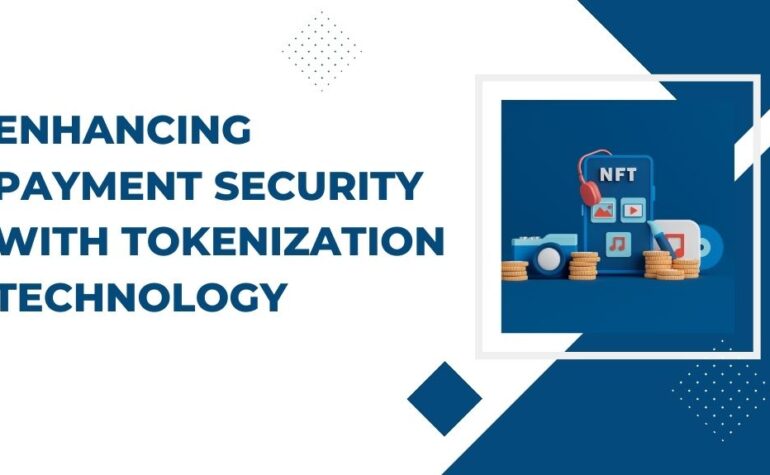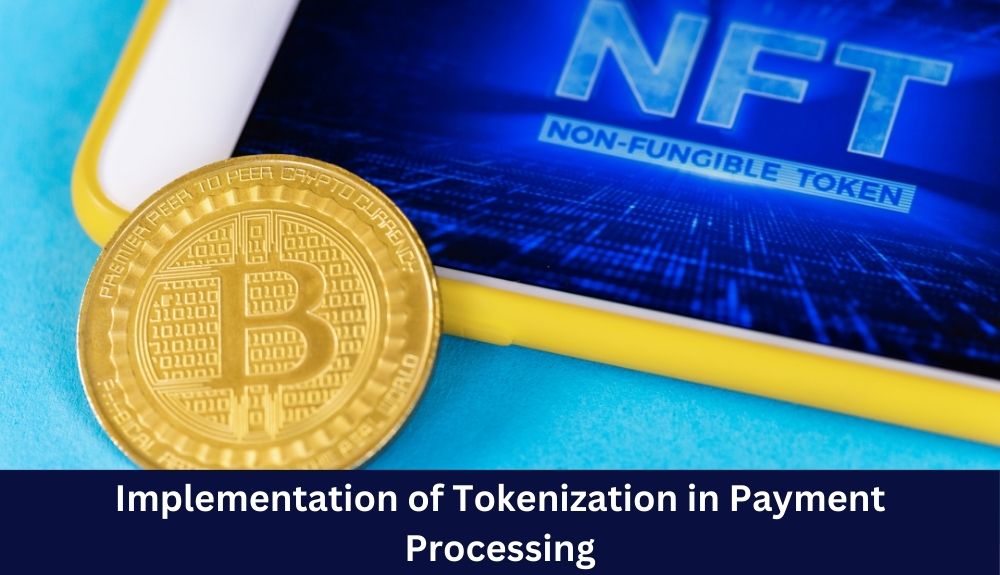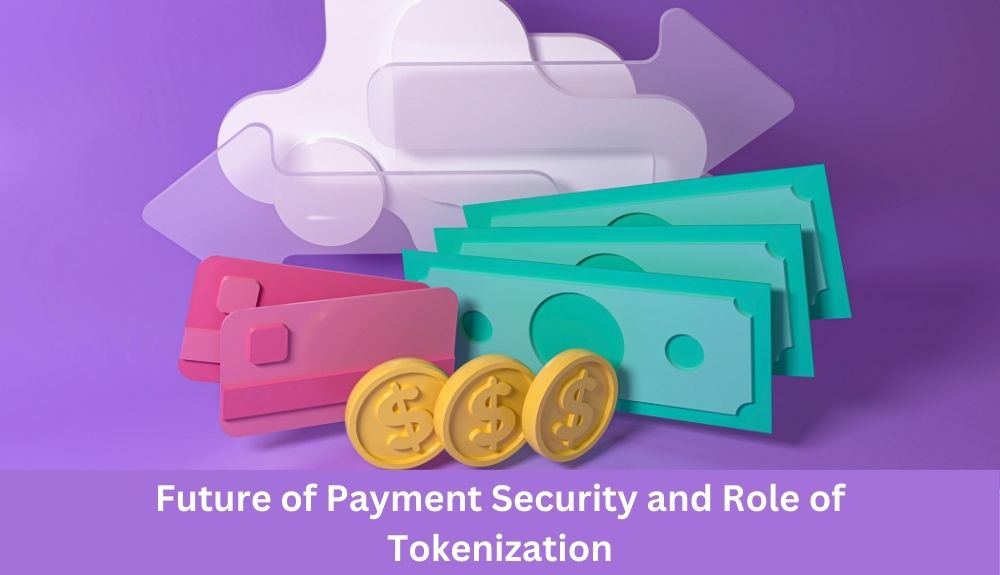Best Credit Card Processing Solutions Tailored for Every Industry

By merchantservices February 22, 2024
Introduction to Tokenization Technology
Are you tired of constantly worrying about the security of your online payments? Well, say hello to your new best friend in the world of payment security – Tokenization Technology! This revolutionary solution is here to safeguard your sensitive information and provide peace of mind during every transaction. Let’s dive into how tokenization technology can enhance payment security and revolutionize the way we make financial transactions online.
How Tokenization Protects Sensitive Information
Tokenization technology acts as a shield against cyber threats by substituting sensitive data with unique tokens. These tokens are randomly generated and have no intrinsic value outside the system they protect. This means that even if intercepted, hackers cannot decipher or exploit the information.
By utilizing tokenization, businesses can reduce their risk of data breaches significantly. The original payment details are securely stored in a separate and heavily guarded environment while only the tokens are used for transactions, making it nearly impossible for unauthorized parties to access valuable data.
Moreover, tokenization enhances compliance with industry regulations such as PCI DSS by minimizing the storage of actual cardholder information. This not only safeguards customers’ financial details but also fosters trust and credibility among consumers who prioritize security when making online payments.
In today’s digital age where cyber threats loom large, adopting tokenization is crucial in fortifying payment security measures and safeguarding sensitive information from falling into the wrong hands.
Implementation of Tokenization in Payment Processing

When it comes to implementing tokenization in payment processing, businesses are taking a proactive approach to safeguarding sensitive information. By replacing cardholder data with unique generated tokens, the risk of data breaches is significantly reduced.
The process involves encrypting the original data and storing it securely while using tokens for transactions. This way, even if a breach occurs, hackers would only obtain useless tokenized data instead of valuable personal information.
Implementing tokenization requires integrating with secure payment gateways or working with payment processors that support this technology. Once implemented, businesses can ensure that customer data remains protected throughout the transaction process.
With increasing cybersecurity threats, adopting tokenization in payment processing has become essential for maintaining trust and security in online transactions. Businesses that prioritize security measures like tokenization demonstrate their commitment to protecting customer privacy and financial details.
Benefits of Using Tokenization for Payment Security
Tokenization technology offers a host of benefits when it comes to enhancing payment security. One key advantage is the ability to replace sensitive data with unique tokens, reducing the risk of unauthorized access to valuable information. By using tokens in transactions, businesses can significantly lower the likelihood of data breaches and fraud.
Moreover, tokenization simplifies compliance with industry regulations such as PCI DSS by minimizing the scope of sensitive data stored within systems. This not only streamlines processes but also reduces liability for organizations handling customer payments.
Furthermore, implementing tokenization can enhance customer trust and loyalty by providing a secure payment environment. With fewer vulnerabilities for cybercriminals to exploit, customers can feel more confident in sharing their financial details online.
Leveraging tokenization technology for payment security not only fortifies defenses against threats but also enhances operational efficiency and fosters trust between businesses and consumers.
Common Misconceptions about Tokenization
When it comes to payment security, there are some common misconceptions about tokenization that need to be addressed. One frequent misunderstanding is that tokenization is the same as encryption – while both aim to protect data, they operate differently.
Another misconception is that implementing tokenization is complicated and time-consuming. In reality, many payment processors offer seamless integration of tokenization technology into existing systems with minimal disruption.
Some may believe that using tokens makes transactions more complex for customers. However, tokens work behind the scenes and do not require any additional steps from the end-user during the payment process.
It’s also a misconception that tokenization only applies to credit card information. Tokenization can secure various types of sensitive data such as bank account details or personal identification numbers (PINs).
Understanding these misconceptions can help businesses make informed decisions when considering implementing tokenization technology for enhanced payment security.
Future of Payment Security and Role of Tokenization

As technology advances, the future of payment security is becoming increasingly important. With cyber threats on the rise, businesses need to stay ahead of potential risks. This is where tokenization technology plays a crucial role in safeguarding sensitive payment information.
Tokenization not only secures data during transactions but also reduces the risk of fraud and breaches. As more industries embrace digital payments, the demand for robust security measures like tokenization will continue to grow.
Looking ahead, we can expect further enhancements in tokenization techniques to keep pace with evolving cyber threats. Innovations such as biometric authentication and AI-powered fraud detection will likely complement tokenization efforts for even stronger protection.
The continued evolution and adoption of tokenization technology are essential for ensuring safe and secure payment processing in an increasingly digital world.
Conclusion
In a rapidly evolving digital landscape where security threats are constantly looming, the implementation of tokenization technology stands out as a robust solution for enhancing payment security. By replacing sensitive data with unique tokens, businesses can significantly reduce the risk of cyber-attacks and data breaches.
As we look towards the future of payment security, it is evident that tokenization will continue to play a pivotal role in safeguarding sensitive information. With advancements in technology and increasing adoption rates across industries, the use of tokenization is expected to become even more widespread.
Embracing tokenization technology not only offers enhanced protection for both businesses and consumers but also paves the way for a more secure and reliable payment ecosystem. Stay ahead of potential threats by leveraging the power of tokenization to fortify your payment processing systems against malicious actors.
